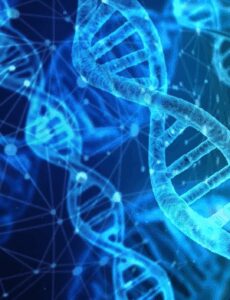Solve Cold Cases with Forensic Investigative Genetic Genealogy (FIGG)

Cold cases don’t have to stay cold. With Forensic Investigative Genetic Genealogy (FIGG), law enforcement agencies now have an innovative tool to identify suspects and victims—even years after a crime has occurred.
Forensic Investigative Genetic Genealogy (FIGG) for Law Enforcement is coming to the Criminal Justice Institute on Friday, October 10.
In this one-day course, participants will gain a clear understanding of how FIGG works, its applications in criminal investigations, and the practical steps involved in using genetic genealogy to identify persons of interest or unidentified human remains.
You’ll also receive hands-on instruction with investigative databases like GedMatch Pro and Family Tree DNA (FTDNA), and learn to apply genealogy research methods that have helped solve major cases nationwide.
Class Highlights
- Why DNA is so valuable in forensic investigations
- Types of DNA evidence and collection methods for FIGG
- Genotyping vs. phenotyping
- Selecting the right private lab for FIGG
- Steps to identify persons of interest or unidentified remains
- Misconceptions, limitations, and legal considerations
- Real cold cases solved with FIGG
- Using investigative tools: GedMatch Pro, FTDNA, DNA Painter, Leeds Method
- Building and verifying family trees to establish identities
- Genealogy research tips: records, census data, social media, property records
Who Should Attend?
This course is designed for law enforcement officers, investigators, and forensic professionals who want to expand their knowledge of genetic genealogy and learn how to leverage it in solving cold cases.
Don’t miss this opportunity to gain new investigative tools and techniques.
Register Today!
QUESTIONS? Contact Rachel Ganley @ [email protected] or 501-570-8061.
